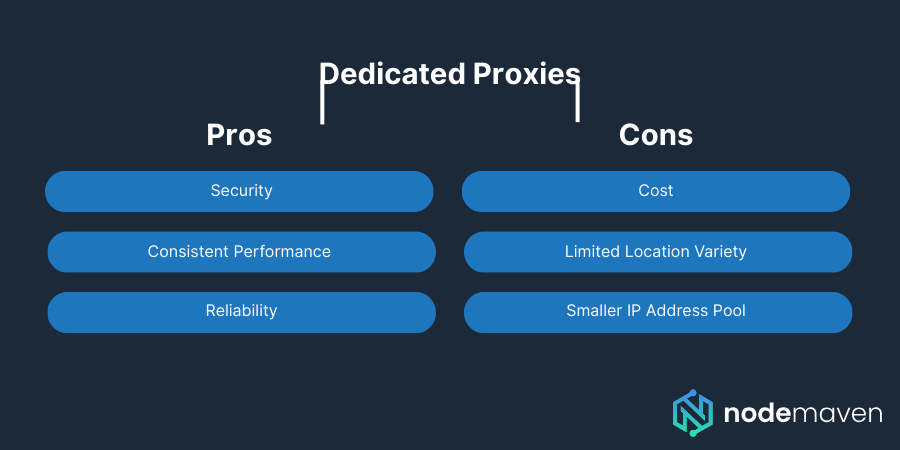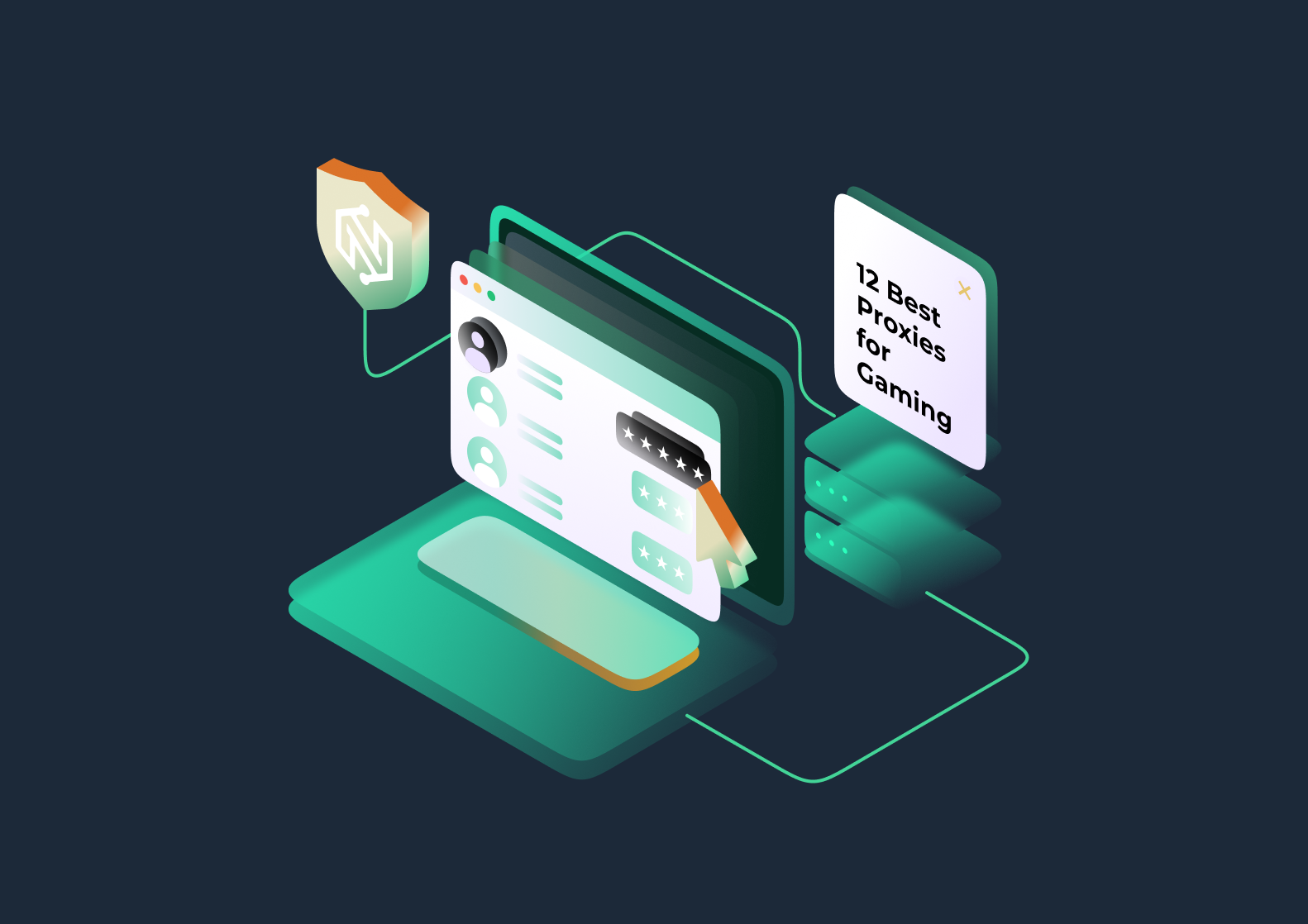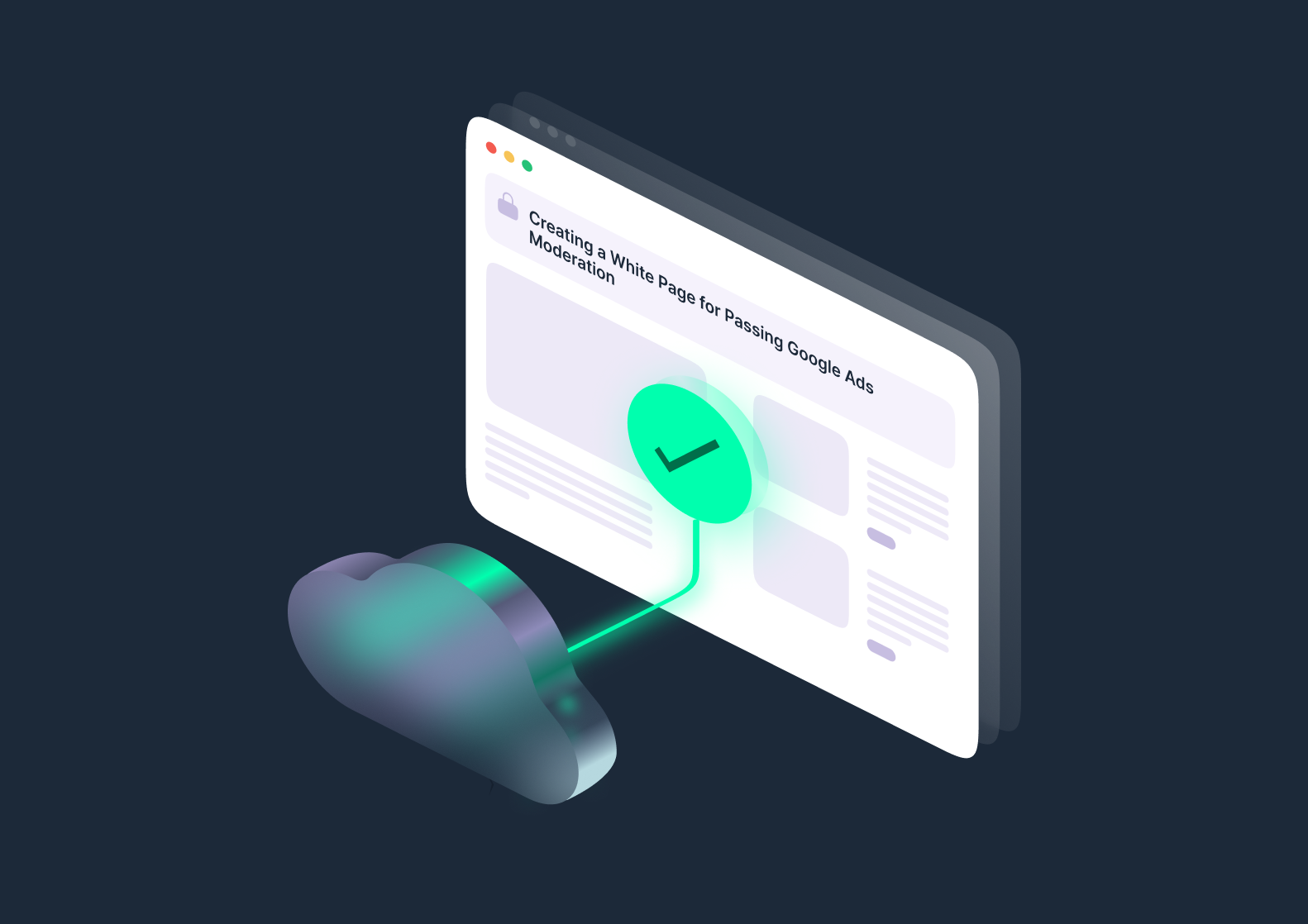Let’s talk proxies. Not the Matrix kind or government-level drama, just the internet’s backstage pass to privacy, speed, and control.
If you’ve ever tried to manage multiple social accounts, scrape data without getting blocked, or just stay invisible online, you’ve probably stumbled across something called a dedicated proxy.
But what exactly is a dedicated proxy? Is it worth paying extra for? And what’s the difference between shared, static, and dedicated anyway?
Good questions. Let’s decode the whole thing, without the tech jargon headache.
What is a Dedicated Proxy?
At its core, a dedicated proxy is a private IP address assigned exclusively to one user. Unlike shared or rotating proxies, it offers consistent performance, higher security, and stable online sessions.
Unlike shared proxies, pooled among multiple users, or rotating proxies, a dedicated proxy ensures your web requests consistently appear from the same IP.
This exclusivity is valuable. Think of it as leasing a private mailbox rather than sharing one in an apartment building. You don’t share responsibility for what goes in or out.
What Is a Dedicated Proxy Server?
A dedicated proxy server is the actual machine (physical or virtual) hosting that IP. It acts as your personal gateway.
When you send a web request—whether for browsing, API calls, or automation – the server forwards it and returns the response.
Because the IP belongs only to you, performance stays consistent, and reputation remains under your control.
Imagine an office server dedicated to a single user. You won’t deal with others initializing heavy downloads or risky behavior that could damage the server’s reputation.
How Does a Dedicated Proxy Work?
Now, let’s walk through a typical scenario using one:
- Client → Proxy
You configure your app or browser to send traffic through the proxy’s IP. This includes logging in, scraping, uploading, or whatever task you’re performing. - Proxy → Destination
The proxy forwards your request to the destination site, masking your actual IP with its own. - Destination → Proxy → Client
The response returns to the proxy, which then relays it to you.
The key? That single proxy IP never changes. Your entire session—spanning minutes, hours, or days—uses that address. This static behavior supports platform trust, simple logins, and uninterrupted scraping.
Example Scenario
Let’s say you manage multiple Instagram accounts for a marketing campaign:
- Each account logs in through its own dedicated proxy.
- You never rotate to a different IP mid-campaign.
- Instagram sees consistent session behavior—a stable IP, perhaps tied to a location or ISP with good reputation.
- As a result, fewer login challenges, fewer flags, and continuity in your campaign.
That’s the reliability everyone seeks—but only dedicated or static-dedicated proxies can deliver it.
Dedicated Proxy Pros and Cons (Quick Breakdown)
Let’s get into the nitty-gritty. Dedicated proxies are premium for a reason, but they’re not perfect for every use case. Here’s the real talk:

Pros of a Dedicated Proxy
- Security – Your IP is unshared and clean, meaning you control its entire usage footprint. No unexpected traffic dumped by others. Platforms see consistent behavior, reducing risk of bans or CAPTCHA checks.
- Consistent Performance – Since you’re the only user, bandwidth remains stable. Whether you’re scraping thousands of pages or uploading large files, performance doesn’t dip mid-session.
- Reliability – You won’t wake up to find your IP under investigation or overused by someone else. Once you secure a dedicated proxy, you maintain full control—and platforms value that.
Cons of Using Dedicated Proxies
- Cost – Dedicated proxies cost more than shared ones, sometimes significantly. You’re paying for exclusivity and performance. Budget-conscious users may find rotating proxies more affordable, even if less reliable.
- Limited Location Variety – If your provider only offers limited GEOs for dedicated proxies, you may not access every region you need. In contrast, providers often offer larger pools in shared rotating plans.
- Smaller IP Address Pool – Since IPs are one-to-one, providers have fewer available compared to shared proxy pools. You may not get last-minute provisioning or instant replacements in every region.
Overall, dedicated proxies offer premium performance and control, but they come at a higher cost and with some flexibility trade-offs, making them ideal for users who prioritize stability and trust over scale or budget.
Use Cases of Dedicated Proxies
So, when should you actually consider using a dedicated proxy?
Let’s look at some real-world scenarios where going solo with your IP is a power move:
Social Media Automation
Managing more than a few accounts? Dedicated proxies ensure each account logs in from a consistent IP. This reduces login challenges and platform flags.
It also helps simulate genuine user behavior—your tool stays within one IP footprint per account.
Tip: Pair with anti-detect browsers like Multilogin or Dolphin Anty for robust multi-account setups.
Web Scraping and Data Extraction
Scraping the same site repeatedly with rotating or shared proxies often leads to CAPTCHAs or IP bans. With dedicated proxies, requests appear from the same IP, reducing anti-bot triggers.
Tip: Ensure your scraping schedule mimics human behavior—bursts, delays, randomized intervals.
E-commerce Monitoring
During limited editions or flash sales, bots compete for fast checkouts. Using dedicated proxies gives you stable access, reducing the risk of IP blocks or checkout CAPTCHAs.
Example: Launching a sneaker bot on Nike, you assign a dedicated proxy to each bot thread. Each thread looks like a legit user, increasing order success.
Ad Verification and Geo Testing
Need to check how an ad renders in Los Angeles, Berlin, or Tokyo? A dedicated proxy in each locale ensures your ad preview doesn’t inherit suspicious shared IP activity.
Account Creation & Multi-Login
Mass account creation on platforms like TikTok or Twitter needs clean and distinct IPs. Using dedicated proxies prevents IP reuse issues, making new accounts look authentic to platforms.
Streaming & Gaming
A dedicated proxy can provide stable connections, especially when located in a region with faster routing or reduced latency to specific servers. This is especially helpful if you want to test geographic experiences with clean footing.
Basically, if you care about consistency, trust, and stability, dedicated is the way to go.
Dedicated vs Static Proxies: Which One to Choose?
Ah yes, the great proxy confusion – dedicated vs. static.
Let’s clear this up:
- A dedicated proxy is assigned to one user only. You’re not sharing it.
- A static residential proxy keeps the same IP over time, but might be shared or not depending on the plan.
So, can a proxy be both? Yep! A static dedicated proxy means:
- It never rotates.
- It’s only used by you.
- It’s perfect for logins and sessions that need long-term consistency.
Choose dedicated + static if:
- You’re managing accounts that flag frequent IP changes.
- You need one “home base” IP to build trust with platforms.
Go with rotating proxies if you’re doing mass scraping or don’t need stickiness.
Shared vs Dedicated Proxies: What’s the Difference?
Let’s dive deeper into what shared proxies offer—and where they fall short.
Shared Proxies
These are IPs used by many users simultaneously. They’re inexpensive (sometimes a few dollars a month), but you risk performance issues and IP bans due to someone else’s usage.
- Pros: Cost-effective, broad location pool.
- Cons: Unpredictable performance, security risks, and unreliable sessions.
Dedicated Proxies
As covered, these IPs are yours only, meaning no interference, better session consistency, and stronger trust from platforms. This comes with added cost and a smaller IP pool, but you pay for that trust and reliability.
In short, shared proxies are fine for low-risk tasks, but dedicated proxies are essential for anything mission-critical.
What Are the Alternatives to Dedicated Proxies?
If dedicated proxies aren’t your style (or budget), you’ve got options:
- Rotating Residential Proxies – IPs change after each request or time interval. Great for scraping large data sets or ad tracking, but unsuitable for logins or consistent sessions.
- Semi-Dedicated Proxies – These are shared among a small group (2–3 users). Less congestion than shared proxies but less private. Cost-effective middle-ground option.
- Datacenter Proxies – Stable and fast, but easily flagged on social networks or high-security platforms due to their known IP ranges.
- Mobile Proxies – Use real mobile carrier IPs—high trust and harder for platforms to detect. Great for social media, but more expensive and limited in scale.
- VPNs – Provide encrypted, shared IP connections. Good for privacy, not for automation. Sessions may not be sticky, and IP reputation can vary.
Conclusion: Is a Dedicated Proxy Right for You?
So… what is a dedicated proxy? It’s your own personal IP address that no one else can touch. You get speed, consistency, and control—all in one.
Sure, it costs a bit more. But if you’re running high-value workflows (social, scraping, sneaker copping, ad verification), it’s absolutely worth the investment.
Choose a dedicated proxy if you:
- Need consistent IPs that don’t rotate
- Want to avoid IP bans and reputation issues
- Care about session stability for logins or apps
- Don’t want to be affected by other users’ behavior
Skip it if you:
- Just need lots of IPs fast (e.g., for scraping)
- Are on a tight budget
- Don’t need long-term session consistency
A dedicated proxy gives you a stable, private IP for ultimate control, speed, and trust online. It’s ideal for scraping, social media automation, gaming, and ad verification. If reliability matters, it’s worth it.


